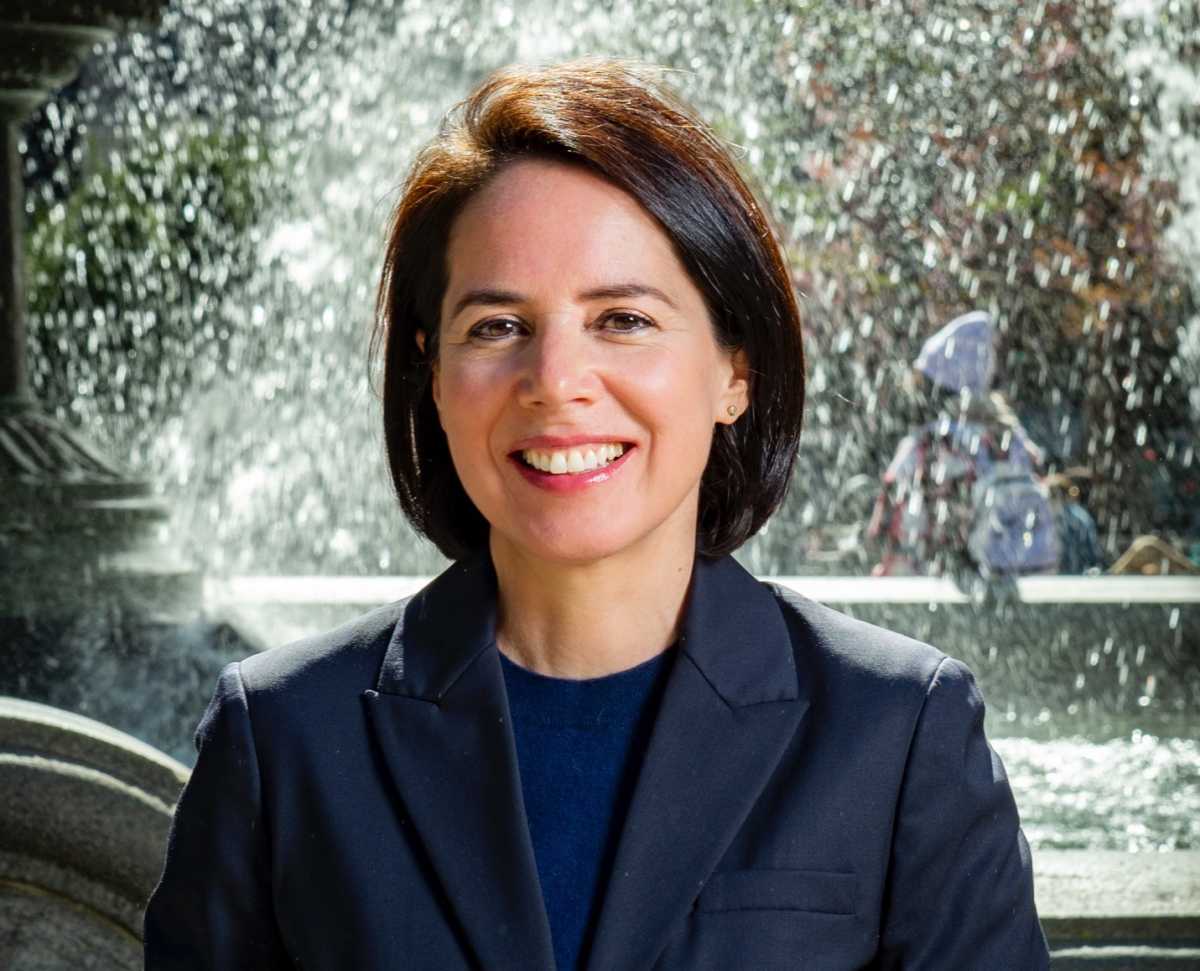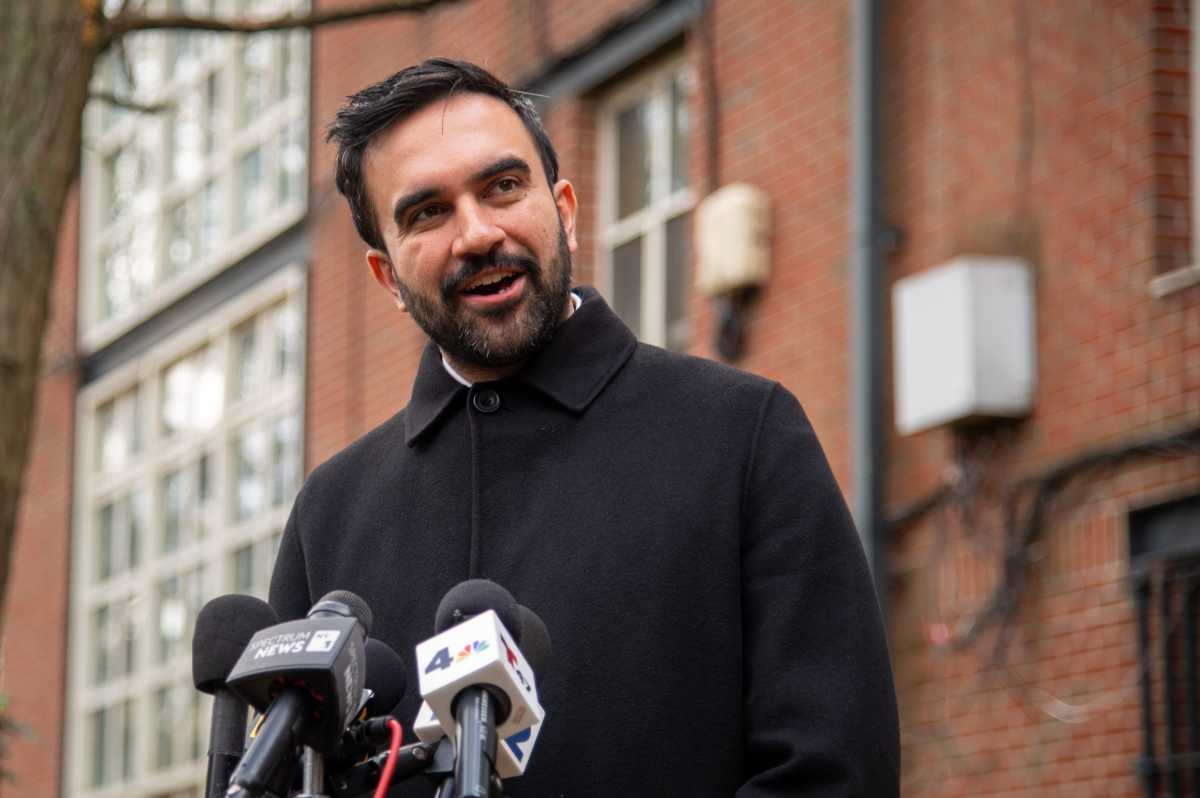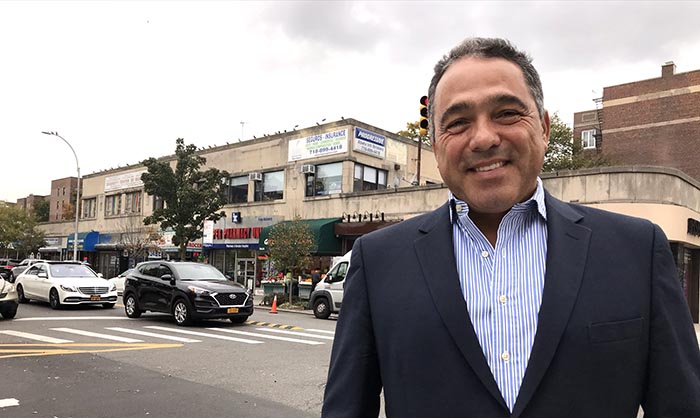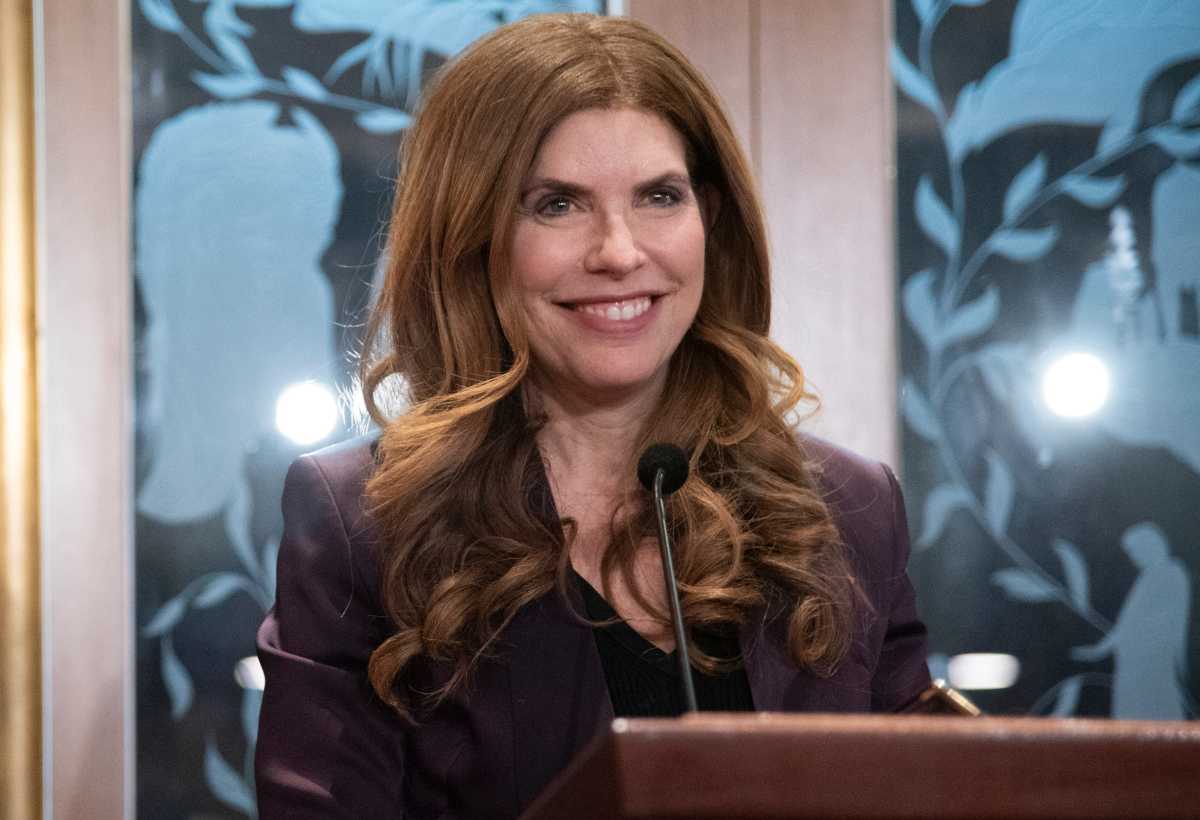
I am the second of five children from immigrant parents who traveled to New York City with little more than spirit and determination. One thing I’ve learned through years of navigating family relationships is that everyone has moments in which they need compassion, understanding, and forgiveness. As my family has grown and become more diverse, I have come to appreciate that the beginning of any resolution is understanding different perspectives.
When an event affects all family members, the strong scaffolding around the family can fall like a house of cards, and everything positive about these relationships is jeopardized. This is particularly true when there’s a death of a family member, which often precipitates the need for Surrogate’s Court, at a time when everyone has experienced a loss and is grieving.
The death of a family member often elicits unexpected and unwelcome actions and reactions in other people, causing family unity to deteriorate. The feeling that one is unsupported and unappreciated in the aftermath of the death of a loved one creates a vulnerability to outside influences that may be detrimental to the family’s best interests.
In my experience as a Surrogate’s Court Referee, investors sometimes circle estates, waiting for an opportunity to convert familial fissures into monetary gain for themselves. Needless to say, the investors do not seek to maximize the survivors’ interests. That’s unacceptable.
How can a Surrogate help prevent the exploitation and dissipation of inheritances?
Surrogates can optimize “help centers” which inform parties of their rights and responsibilities. They can also leverage technology and thoughtfully manage the many departments (probate, administration, accounting, guardianships, etc.) to expedite the handling of uncontested matters, such as probating wills where there are no objections.
When there is no will, Surrogates may appoint agreed upon fiduciaries, such as siblings, allowing heirs to manage their own estates. A fiduciary is responsible for impartially administering the estate, gathering estate assets, paying estate debts and dividing what remains according to the law. Notably, the public administrator is the fiduciary “of last resort” when no one else can assume the role.
When the parties do not agree how an estate should be handled, protracted litigation causes the estate to diminish. The Surrogate and court staff can help communicate to families in fragile moments the importance of resolving their differences, saving the estate resources and money.
Being a Surrogate is about helping families at their time of greatest need. There are many ways to improve Surrogate’s Court when we focus our work on the families we serve.
Elba Rose Galvan is a Surrogate’s Court Referee in King’s County and candidate for Manhattan Surrogate. She served under Surrogate Margarita Lopes Torrez, and currently serves under Surrogate Rosemarie Montalbano, both considered reformers of the court.










